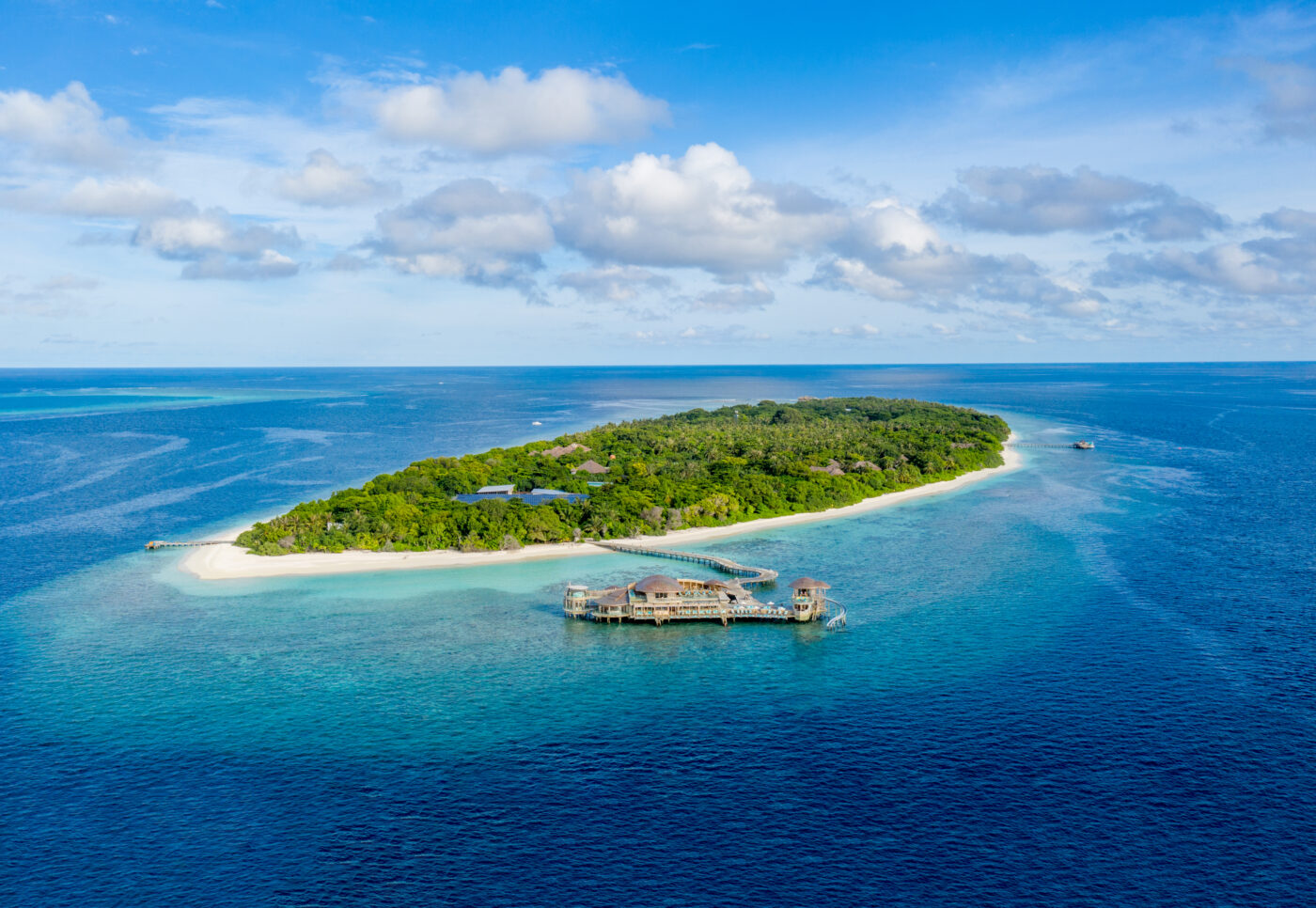By: Diep Nguyen-van Houtte, Senior Manager, Climate Business Department, International Finance Corporation and Glenn Mandziuk, CEO, Sustainable Hospitality Alliance
The message from global experts has been clear and should resonate with every industry: To reach the goals set forth in the Paris Agreement, we must reduce global greenhouse gas emissions from the built environment to net-zero by 2050. For the hospitality industry in particular, sustainability is an increasingly important consideration, as the industry has both a substantial impact on, and itself relies on, the environment and the destinations in which it operates. Natural disasters, including extreme weather, earthquakes, floods, and rising global temperatures are already affecting the hospitality sector, raising the cost of operations and reducing the number of tourists visiting certain destinations.
In 2020, the Sustainable Hospitality Alliance and the International Finance Corporation (IFC) worked together to make the case for building and operating a hotel sustainably. Their report, “The Business Case for Sustainable Hotels“, provides compelling evidence for why hotels should prioritise green practices. According to the analysis, hospitality is responsible for 1 percent of global carbon emissions, with hotels accounting for around 21 percent of the industry’s total emissions. Adding to this, 18 percent of food bought by the hospitality and food service industries is wasted each year, and in some locations, hospitality accounts for eight times more water used per person than the local population.
One way for the hotel industry to reach its environmental goals is by utilising IFC mitigation and resilience tools, including EDGE green building certification and the Building Resilience Index (BRI). BRI is a web-based hazard mapping and climate resilience assessment tool for the building sector. EDGE (Excellence in Designing for Greater Efficiencies) is a free software and international green building certification system available for all building types. It provides a framework for assessing the environmental performance of buildings based on three key criteria: energy efficiency, water conservation, and embodied carbon in materials used. To qualify for EDGE certification, a building must achieve a minimum of 20% savings in energy, water, and embodied carbon in materials compared to a local baseline.
By going green using tools such as EDGE, hotels can demonstrate their commitment to sustainability and environmental stewardship. This can be attractive to both environmentally conscientious guests as well as to investors and asset owners looking for opportunities to support green projects or to step up the green transformation of their portfolios. According to a survey conducted by Booking.com, 70% of travellers would be more likely to book a stay at a hotel if they knew it was eco-friendly. Implementing sustainable practices in hotels can also lead to cost savings and provide a significant boost to a hotel’s brand reputation and competitiveness in the market, contributing to employee retention and guest satisfaction.
When it comes to investing in sustainability, there are a whole host of tools and resources available to the industry to support hotels in the transition to a more regenerative and resilient future. The Sustainable Hospitality Alliance recently launched the second edition of their Pathway to Net Positive Hospitality, which enables every hotel to work towards a net positive impact, in which they give back to the destination more than they take, no matter their starting point. These tools include measurement initiatives which enable hotels to capture robust and comparable data on carbon, water and waste, as well as a Destination Water Risk Index, which maps the level of water-related risks across 380 destinations, helping to identify areas where investing in water stewardship must be a priority.
Whilst the transition to sustainability can require significant investment from hotels, the cost savings and environmental benefits make up for the initial expense. For example, EDGE buildings generally have a payback period as short as three years. According to Sustainable Hospitality Alliance research, hotels that prioritise sustainability can reduce their operating costs by up to 30%. These cost savings come from a variety of factors, such as lowered utility bills, reduced waste disposal costs, and improved employee productivity. Mitigating climate change effects must go hand-in-hand with shoring up the hospitality industry’s climate resilience. Indeed, IFC research shows that every $1 USD invested in resilience can save $4 in the costs of climate hazards.
IFC has been a leading organisation supporting green and resilient buildings in emerging markets. IFC programs step in to break the vicious cycle where emissions from inefficient buildings are creating more severe climate hazards. We see a tremendous business case for both resource efficiency AND resilience.
Tomorrow is Earth Day which acts as an important reminder of the urgent need to address climate change in every industry. The hospitality sector is one of the most important players in this effort, and partnerships with organisations such as IFC can play a crucial role in driving the green transition. As we continue down the path to decarbonisation, it is essential that the hospitality industry takes a leading role in reducing carbon emissions and preserving the planet for future generations. Drawing on the expertise of organisations like IFC in the Alliance’s network for responsible hospitality, and leveraging tools including EDGE and BRI, will help hotels accelerate their journey to Net Positive Hospitality, for people, planet, place and prosperity.



